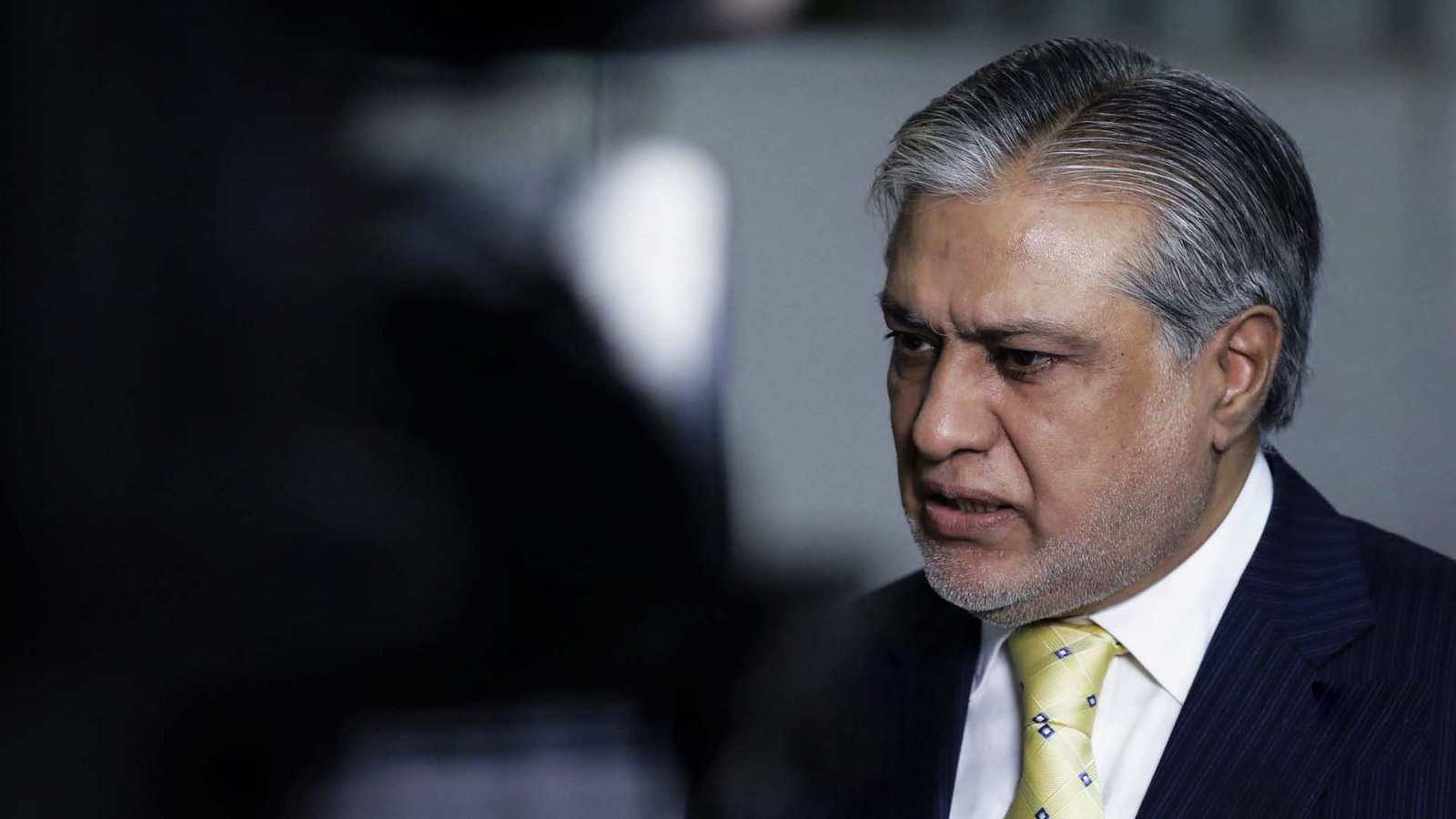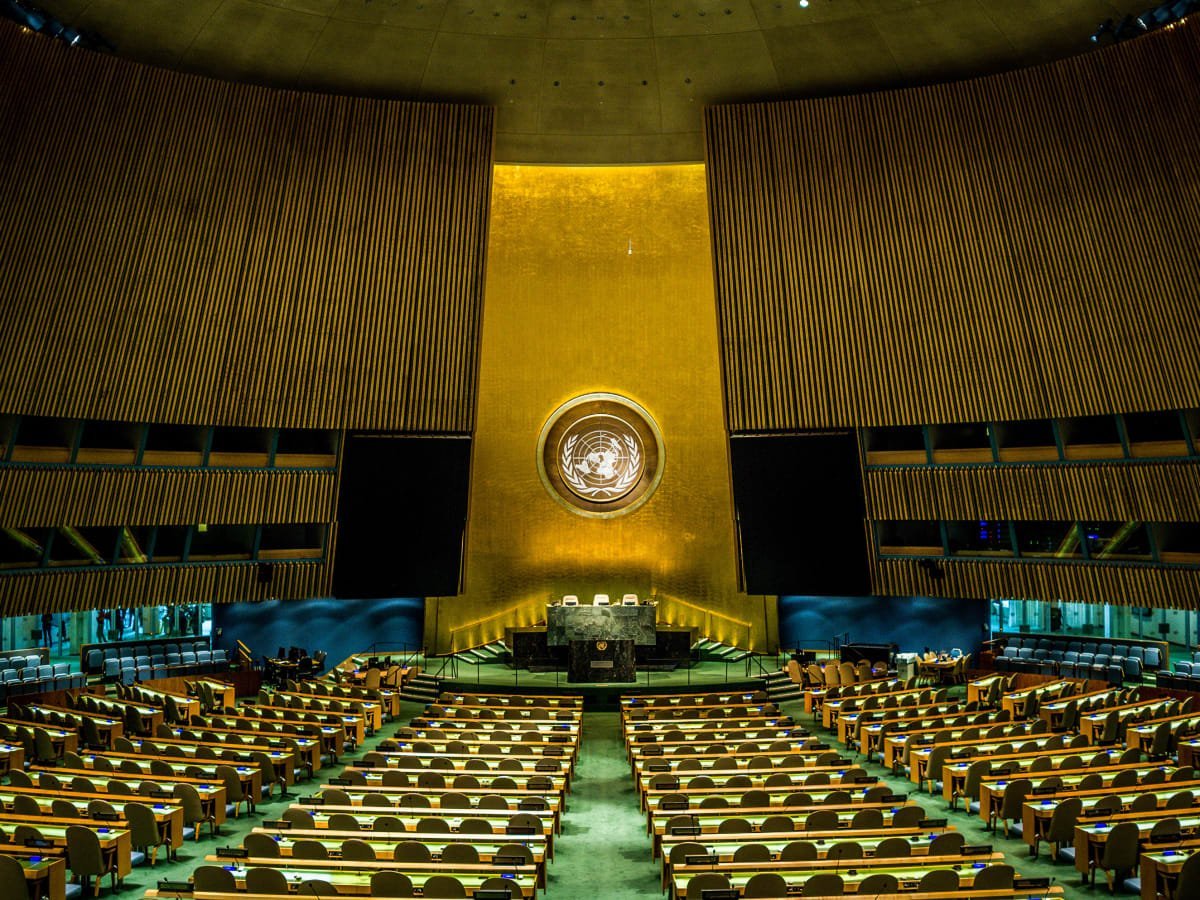The Taliban government in Afghanistan has announced the introduction of a new set of laws outlining behavioral and lifestyle rules based on their interpretation of religious law. The 35-article law, published in the official gazette on July 31, aims to establish prohibitions already known in the Islamic Emirate of Afghanistan. This move could lead to increased control of the population under the Taliban’s rule.
The justice ministry shared on its website that the law had received approval from the Taliban’s supreme leader, Hibatullah Akhundzada. The Ministry for the Propagation of Virtue and the Prevention of Vice, responsible for enforcing the law, has been a common sight on Afghan streets since the Taliban came into power in 2021. Now, their authority in regulating social interactions, private lives, and dress code has been formally outlined in the law.
According to a UN report from July, the Taliban government has indicated that the morality police will have an expanded role in enforcing religious law, leading to concerns of a “climate of fear”. The law specifically requires Muslim women to cover their faces and bodies in the presence of men who are not “mahrams,” and also places restrictions on men’s attire, beards, and behaviors.
Pl, subscribe to the YouTube channel of republicpolicy.com
The law also imposes strict regulations on vehicle drivers, including bans on music, drugs, transporting unveiled women, and other activities deemed inappropriate by the Taliban’s interpretation of religious law. Media outlets are also subject to the law, with restrictions on publishing content that is deemed hostile to Sharia law and religion.
Punishments for non-compliance are outlined in the law, starting with verbal warnings and escalating to fines, arrest, and referral to the courts for repeat offenders.

















